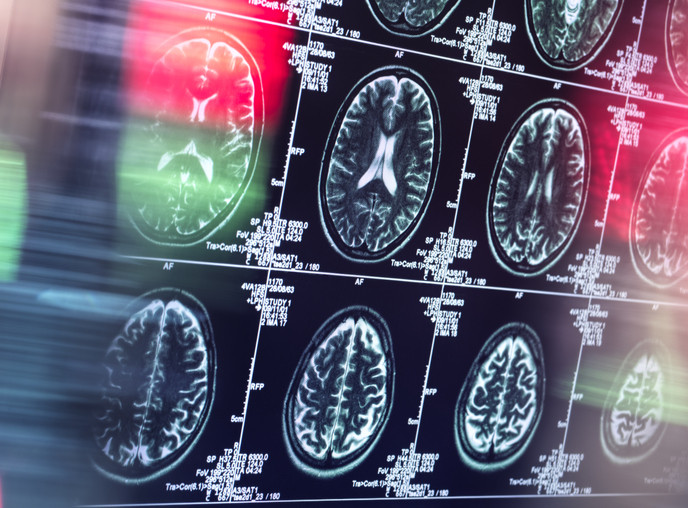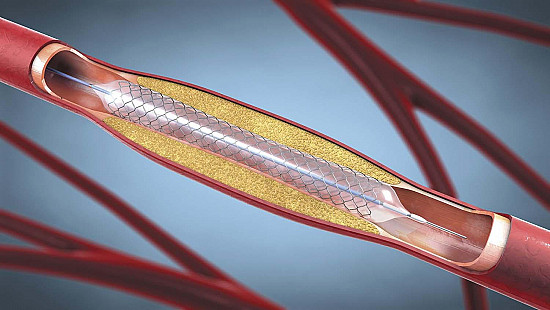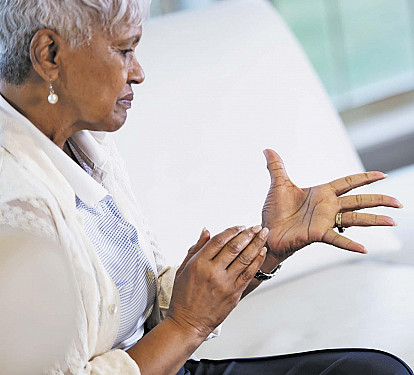Dementia and frailty increase odds of dying after major surgery
Research we're watching
- Reviewed by Toni Golen, MD, Editor in Chief, Harvard Women's Health Watch; Editorial Advisory Board Member, Harvard Health Publishing; Contributor

Among older adults who have major surgery, nearly one in seven dies within a year. And that grim outcome is more than twice as likely in those with dementia or frailty, a new study indicates.
For the analysis, published online Oct. 19, 2022, by JAMA Surgery, researchers combed through data from nearly 5,600 Americans ages 65 and older (56% women) who underwent major surgery between 2011 and 2017 and were tracked for one year afterward. All surgeries used general anesthesia; cases included both emergency and elective procedures. While 13.4% of all patients died within a year, that proportion was far higher among those with probable dementia (33%) and frailty (28%), as well as those undergoing emergency surgery (22%). Patients 90 and older were six times as likely to die as those ages 65 to 69.
The findings highlight the potential importance of identifying conditions such as dementia and frailty in older adults before an operation and can help older adults make informed decisions about undergoing surgery, study authors said.
Image: © Westend61/Getty Images
About the Author

Maureen Salamon, Executive Editor, Harvard Women's Health Watch
About the Reviewer

Toni Golen, MD, Editor in Chief, Harvard Women's Health Watch; Editorial Advisory Board Member, Harvard Health Publishing; Contributor
Disclaimer:
As a service to our readers, Harvard Health Publishing provides access to our library of archived content. Please note the date of last review or update on all articles.
No content on this site, regardless of date, should ever be used as a substitute for direct medical advice from your doctor or other qualified clinician.
















